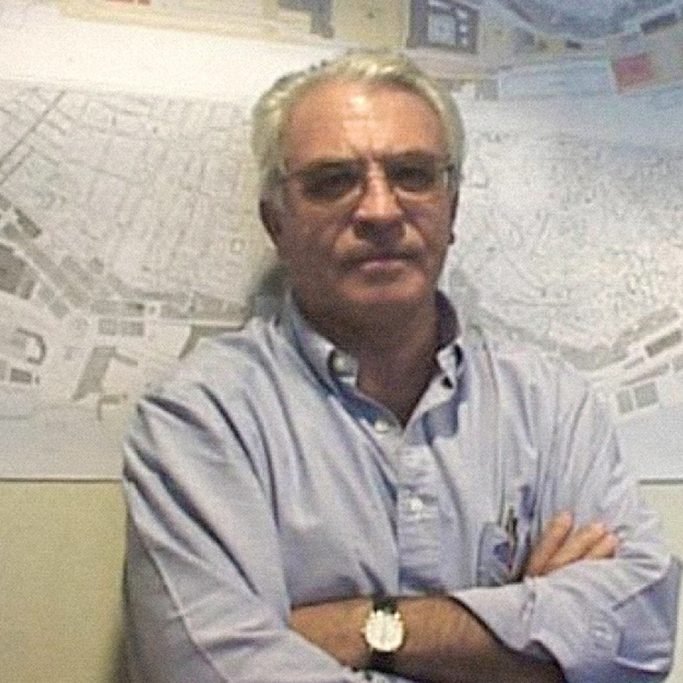Diverse City
A agenda para uma cidade de oportunidades para todas as pessoas.
O direito à cidade é um novo paradigma que proporciona um enquadramento alternativo para repensar as cidades e a urbanização. Prevê o cumprimento efetivo de todos os direitos humanos acordados internacionalmente, os Objetivos de Desenvolvimento Sustentável da ONU e os compromissos da Agenda Habitat. Em conformidade com a Declaração de Viena (1993), apela a uma aplicação universal, interdependente e inter-relacionada dos direitos humanos.
Com base nos direitos humanos reconhecidos internacionalmente, o direito à cidade considera-a como espaço comum, promovendo:
- O respeito e a proteção dos direitos humanos;
- O pleno exercício da cidadania para todos os habitantes;
- A dimensão social da terra, da propriedade e dos ativos urbanos nas cidades;
- A participação política transparente e responsável na gestão das cidades;
- As economias inclusivas, com direitos de trabalho e meios de subsistência seguros;
- A gestão responsável e sustentável dos bens comuns (ambiente natural, ambiente construído e histórico, bens culturais, fornecimento de energia, etc.);
- Espaços públicos e equipamentos comunitárias suficientes, acessíveis e de qualidade;
- Cidades sem violência, nomeadamente para mulheres, raparigas e grupos desfavorecidos;
- A promoção da cultura como alavanca da coesão social, do capital social, da auto expressão e identidade, da memória e do património.














